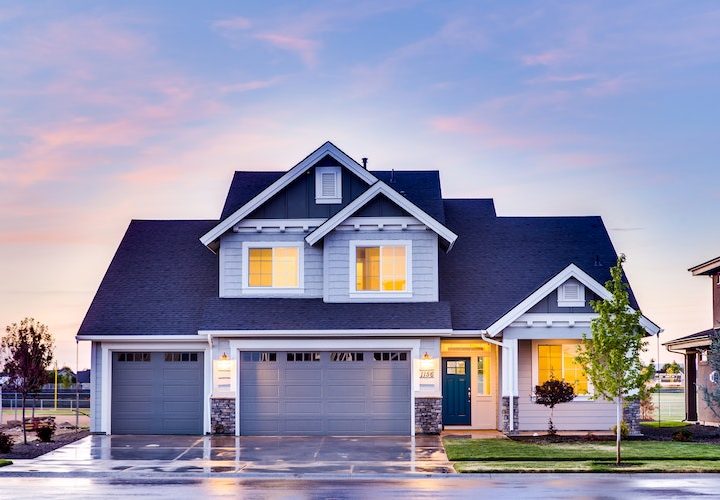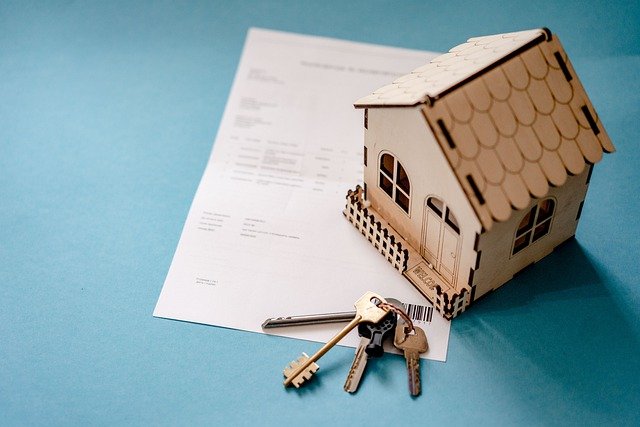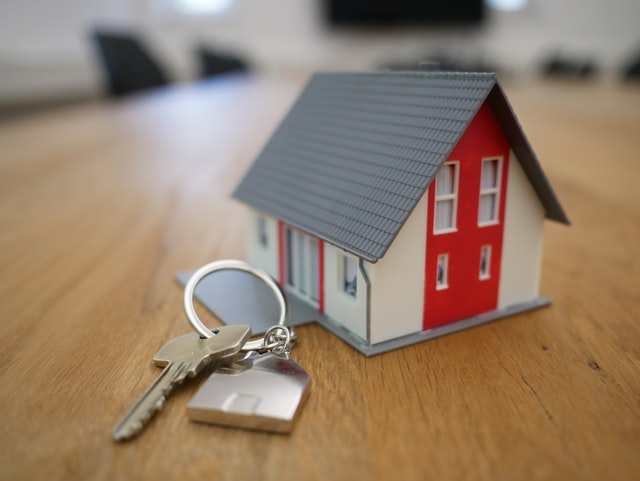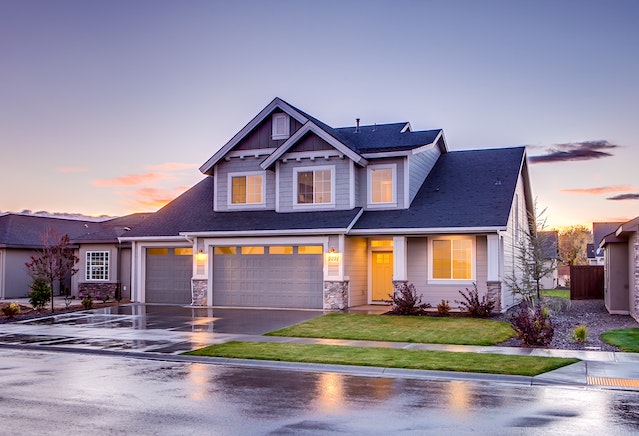
When selling your home, there are some things you should always fix. After all, a house in good condition will pull a higher price than one in bad condition. However, specific fixes or upgrades can lead to you losing money on the sale. That is because the amount of money you get in return for how much you pay is significantly lower. So, when trying to sell your house, it’s essential to know which fixes are worth it and which aren’t. That can be a fine line, but taking the time to figure it out is worth it. So, to help you with this, we put together a list of 6 things you shouldn’t fix when selling your house.
1. Minor electrical issues
Safety hazards include major electrical issues, such as old wiring, an outdated electrical service panel, or exposed wires. You need to fix these issues before selling your house. However, minor issues such as unsafe electrical outlets or light switches that lead to nothing are unimportant. During housing inspections, the light switch usually isn’t even mentioned, and the outlets are mentioned in passing. So these won’t impact the sale, so you don’t need to fix them when selling your house. Instead, you should focus on high-ROI home upgrades, which would affect the price of the home. After all, if you’re going to put money into the home before selling, you should ensure you get something in return.
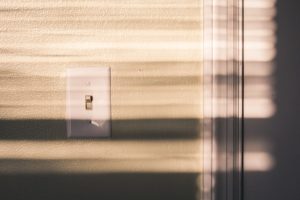
2. Partial remodels or room upgrades
It’s generally agreed upon in the real estate scene that partial remodels never look good. As such, they detract from the home’s value and hurt you in the long run. So, don’t start the process if you don’t have the time or money to remodel a room. Besides detracting from the value, a partial remodel can also push away potential buyers, leading to a slower sale. That is because a partial remodel might look like you’re simply trying to hide something. And when it comes to moving into a new home after selling your old one, experts from fourwinds-ksa.com note that you should always work with professionals. Doing it by yourself brings the real risk of damaging your belongings, the property and injuring yourself. So, why take the risk when you can hire professionals and guarantee nothing goes wrong?
3. Small cracks in the driveway or walkway
Small cracks in driveways and walkways are widespread overall. As such, buyers typically won’t pay attention to hairline cracks, which don’t affect the sale. Of course, if the cracks are large enough to be considered a hazard or even noticeable at first glance, you should have them fixed. However, when it comes to tiny cracks, the time and money spent on fixing them just aren’t worth it. Even if you do decide to fix them, they won’t add anything to your home, sale-wise. Instead, focus on why your home might not sell and try fixing those as quickly as possible. That will help you much more in the long run than some minor fixes here and there.

4. Cosmetic flaws around the home
Smaller cosmetic issues, such as a fresh coat of paint, are a quick and easy way to add value to your home. Bigger things, however, such as replacing countertops in the kitchen, typically aren’t worth the time and effort. These include outdated finishes, minor scratches in wood flooring, odd cracked tile, and similar things. Typically, there’s no reason to tackle these cosmetic flaws unless there’s a much bigger issue to be fixed. Additionally, you should think ahead about moving into your new home. More specifically, the things you should do after moving in to make settling into the new home more comfortable. Settling in can be difficult, but if you take the time to prepare, it’s typically a much better experience.
5. Building code issues that are grandfathered in
If the house you’re trying to sell is old, chances are it doesn’t stand up to every building code standard. However, if the home was utterly legal back when it was built, you can sell it without issues. These issues are “grandfathered in” and are, therefore, completely legal. It’s worth noting. However, that home inspectors will still have to report these issues. However, the buyers won’t have to upgrade the house to fit modern building codes because, as we already said, the house is grandfathered in. And because it would usually take some serious renovations to fix this, it typically isn’t worth the effort when selling your house.

6. Removable items
Curtains, curtain rods, window treatments, and so on don’t need to be replaced before selling. If they’re old or damaged, you can simply take them down before listing the home and call it a day. Replacing them, especially window treatments, can be incredibly expensive, which buyers don’t typically pay attention to. So, removing them doesn’t detract from the value of your home, and it doesn’t slow down the sale. Simply removing these items is much easier than replacing them.
6 things you shouldn’t fix when selling your house – wrap up
There are plenty of things that you should fix before selling a house. Significant issues and actual hazards, for example, should permanently be fixed. Additionally, anything that could stop you from selling the house or things that detract from the home’s value. Some more minor issues, however, don’t require you to fix them before selling your home. Some of them can cost you more than they are worth. And because profit is the priority when selling a house, you should ignore these smaller things. We hope that this list of 6 things you shouldn’t fix when selling your house helps you out, and we wish you a good day.
